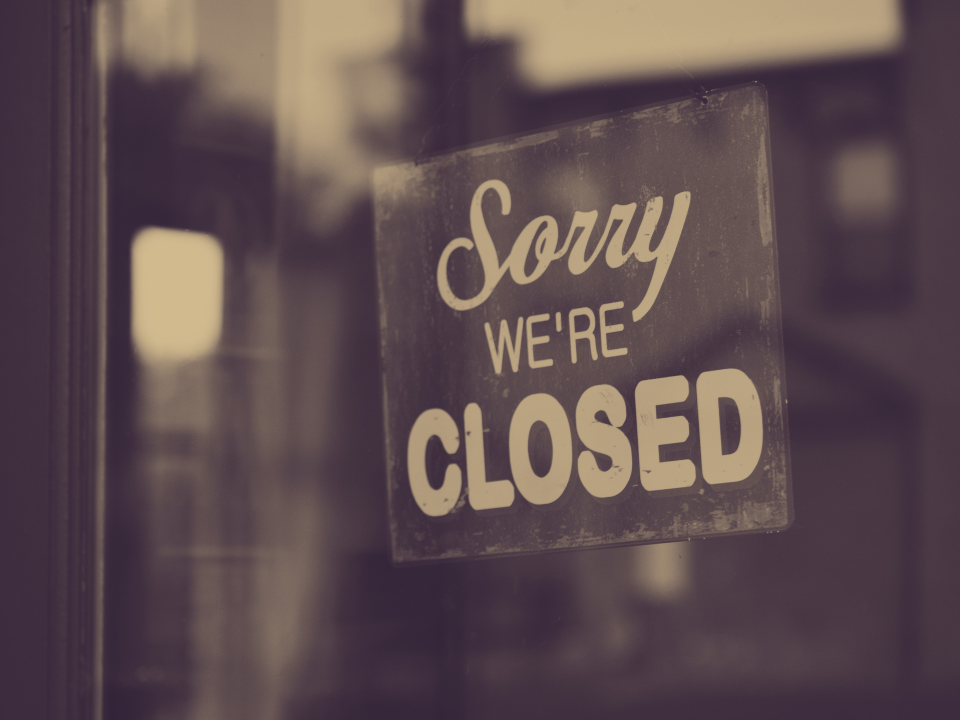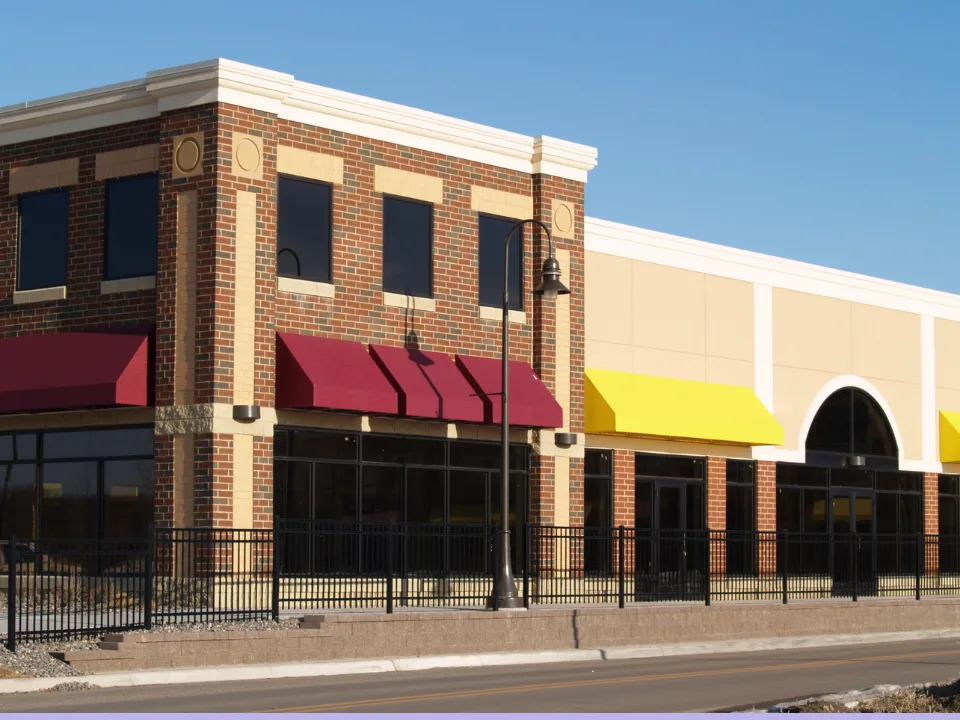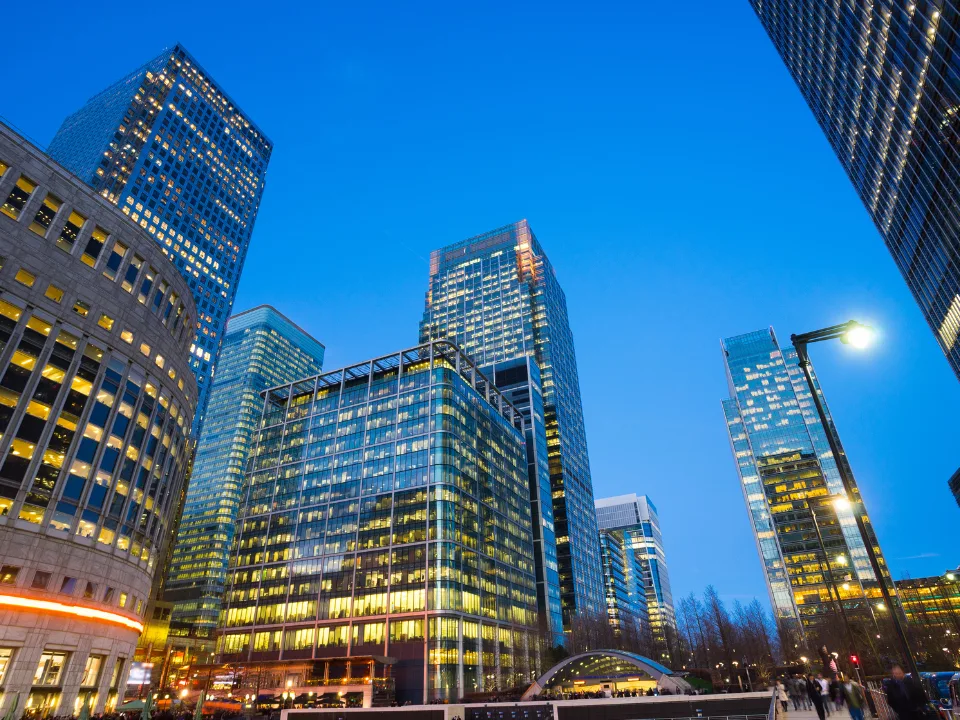- Private equity firms are targeting distressed U.S. CRE, with up to 64% of their $400B in dry powder earmarked for North America.
- Distressed U.S. CRE assets offer deep discounts, driven by falling office values and rising defaults on maturing debt.
- The strong American bias may delay the commercial property recovery in Europe and Asia, which are seeing lower demand.
Distressed property buyers are eyeing exceptional U.S. CRE bargains. Oaktree Capital Management and other private equity firms are ready to capitalize on what some consider a once-in-a-generation opportunity, as reported by Bloomberg.
Bird’s Eye View
The U.S. CRE market is suffering from severe distress, with office values falling nearly 25% last year alone due to the pandemic-induced shift to remote work. Almost $1T in CRE debt is set to mature this year, leading to a surge in defaults as borrowers struggle to repay.
Of course, this will lead to more opportunities for patient investors. According to Preqin data, about 64% of the $400B in dry powder allocated for property investments will be spent in North America, the highest share in two decades.
Rebel Cole, a finance professor at Florida Atlantic University and advisor to Oaktree, compares the current situation to the early stages of past financial crises.
And John Brady, Oaktree’s global head of real estate, foresees a significant distressed investment cycle, noting the current lack of enthusiasm for CRE presents opportunities for exceptional bargains.
Global Impact
A heavy focus on the U.S. CRE market could negatively impact Europe and Asia, where demand for distressed properties could very well stay flat. Lower commercial property demand could lead to deeper value declines or even sustained market stagnation overseas.
Omar Eltorai from Altus Group believes that a strong, resilient U.S. economy is partly to blame for the delayed CRE market recovery outside North America.
The shrinking pool of private equity capital for CRE, down 26% to $56.1B globally, also limits interest in non-performing loans from regions like Korea and China.
Challenges, Opportunities
Currently, the CRE market is facing unprecedented stress, with potential value declines exceeding those during the last financial crisis. According to S&P Global Ratings, more than a quarter of CMBS tranches from 2020 have already been downgraded.
Due to their current CRE debt exposure, smaller U.S. lenders may also face increasing turmoil over the next few years, potentially leading to more regional bank failures.

















